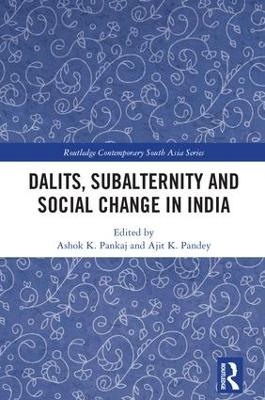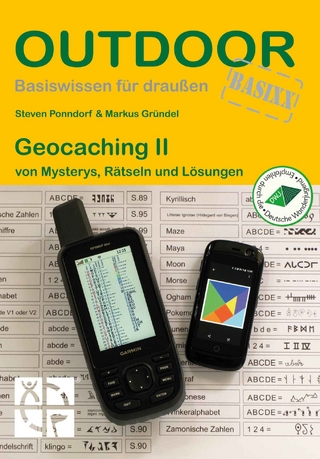
Dalits, Subalternity and Social Change in India
Routledge (Verlag)
978-1-138-35283-4 (ISBN)
The changing nature of caste and Dalits has become a topic of increasing interest in India. This edited book is a collection of originally written chapters by eminent experts on the experiences of Dalits in India. It examines who constitute Dalits and engages with the mainstream subaltern perspective that treats Dalits as a political and economic category, a class phenomenon, and subsumes homogeneity of the entire Dalit population. This book argues that the socio-cultural deprivations of Dalits are their primary deprivations, characterized by heterogeneity of their experiences. It asserts that Dalits have a common urge to liberate from the oppressive and exploitative social arrangement which has been the guiding force of Dalit movement. This book has analysed this movement through three phases: the reformative, the transformative and the confrontationist.
An exploration of dynamic relations between subalternity, exclusion and social change, the book will be of interest to academics in the field of sociology, political science and contemporary India.
Ashok K. Pankaj is currently Director of the Council for Social Development, New Delhi, India. He specialises in law and political economy of development. His edited books include: Right to Work and Rural India: Working of the Mahatma Gandhi National Rural Employment Guarantee Scheme (MGNREGS) (2012) and Subalternity, Exclusion and Social Change in India (co-edited) (2014). Ajit K. Pandey teaches Sociology at Banaras Hindu University, Varanasi. He specialises in sociological theory and research methodology. His recent books include New Directions in Sociological Theory: Disputes, Discourses and Orientations and Subalternity (2010), Exclusion and Social Change in India (co-edited) (2014).
Part 1: Introduction 1. Dalits, Subalterns and Social Change in India Part 2: Perspectives on Dalits as Subalterns 2. Dalits are not merely Subalterns: the need for a different perspective 3. Glimpses of Traditions For and Against Untouchability Part 3: Constructing New Historiography 4. Dalit Memoirs: A New Source of Historiography 5. Subalternity and Popular Religion: Religiosity and Making of the Bhajans of Dharanidas Part 4: Education as Liberator 6. Education and Dalit Liberation: Possibilities and Constraints 7. Socialization Experience of Doctoral Students in Indian Academia: Do Caste and Class Matter? Part 5: Changing Socio-Cultural Space 8. Politics, Caste and Dalit Subalternity: Reflecting on the Modes of Engagement 9. Rural Dalit Women: Assertion for Change 10. Dalit Women in Uttar Pradesh: Experiencing Subalternity and Exclusion Part 6: The Last Citizens of India 11. Manual Scavengers: Apathetic state and callous society 12. Dalits and Devdasi System: A Dignified Form of Sexual Slavery
| Erscheinungsdatum | 01.11.2018 |
|---|---|
| Reihe/Serie | Routledge Contemporary South Asia Series |
| Zusatzinfo | 8 Tables, black and white; 8 Line drawings, black and white; 8 Illustrations, black and white |
| Verlagsort | London |
| Sprache | englisch |
| Maße | 156 x 234 mm |
| Gewicht | 453 g |
| Themenwelt | Naturwissenschaften ► Geowissenschaften ► Geografie / Kartografie |
| Sozialwissenschaften ► Soziologie ► Makrosoziologie | |
| ISBN-10 | 1-138-35283-7 / 1138352837 |
| ISBN-13 | 978-1-138-35283-4 / 9781138352834 |
| Zustand | Neuware |
| Haben Sie eine Frage zum Produkt? |
aus dem Bereich


